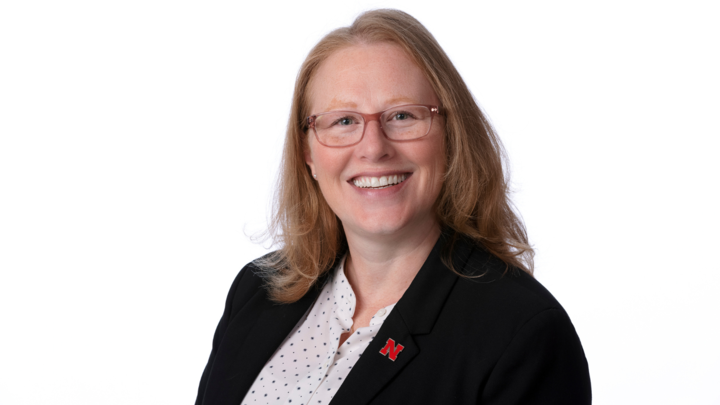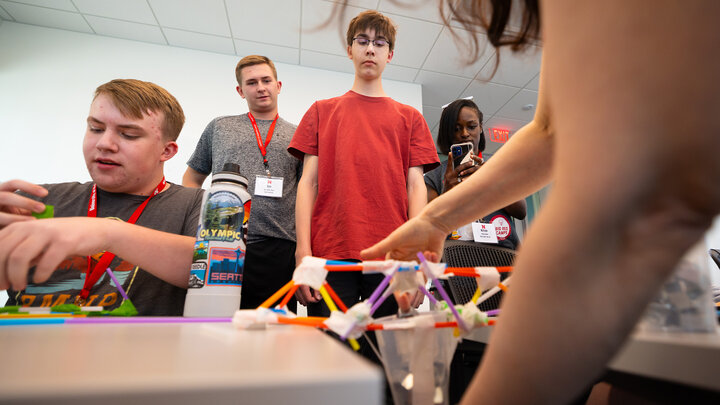Kelli Boling, an assistant professor in the College of Journalism and Mass Communications at the University of Nebraska-Lincoln, was selected to receive the 2024 Lillian Lodge Kopenhaver Early-Career Woman Scholar Award.
The honor is sponsored by the Lillian Lodge Kopenhaver Center for the Advancement of Women in Communication at Florida International University and the Association for Education in Journalism and Mass Communication (AEJMC) Commission on the Status of Women.
It celebrates early-career women faculty researchers and supports them in advancing their research. Boling will be formally presented with the award during AEJMC’s annual conference in Philadelphia this August.
Her research examines the critical challenges that women, especially women of color and victims of domestic violence, face in media representation today. Boling’s work highlights the depiction of these groups in the media and how they interpret and derive meaning from media content.
“The biggest challenged faced by women and victims of domestic violence in the media is symbolic annihilation,” Boling said. “The women we see in movies, tv shows, social media, etc., rarely reflect our lived experiences.”
Boling’s research has been featured in academic journals such as Mass Communication and Society, Feminist Media Studies, Journalism Studies and Journalism History. Additionally, her research on women podcast audiences has garnered attention from prominent media outlets like TIME magazine and The Washington Post. She’s also been interviewed by broadcast media such as Scripps News, the ACLU's “At Liberty” podcast and Ireland's national public service media, Raidió Teilifís Éireann.
Through her research, Boling aims to address these disparities by exploring how women are portrayed as victims, particularly in crime media. One of her ongoing projects involves working with women who have been portrayed in the media in order to help to develop best practices for both the media industry and law enforcement.
Boling plans to continue her activism through research, focusing on inequities related to race and gender within the media industry. She is in the beginning stages of a project that will investigate potential biases in juror selection influenced by media consumption, particularly true crime media, and is applying for a national grant to further this critical work.
Reflecting on her career, Boling recounted a pivotal moment during her Ph.D. studies when she simultaneously took courses in feminist theory and critical race theory. "It was life-changing," she said. "Growing up in a mostly white, middle-class area, I had no idea what the lived experiences of others looked like. As Maya Angelou said, 'Do the best you can until you know better. Then when you know better, do better.' Once I knew better, I had to speak out and fight for equity."




